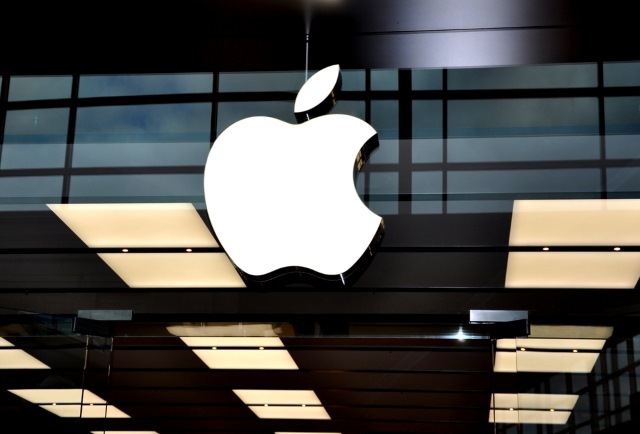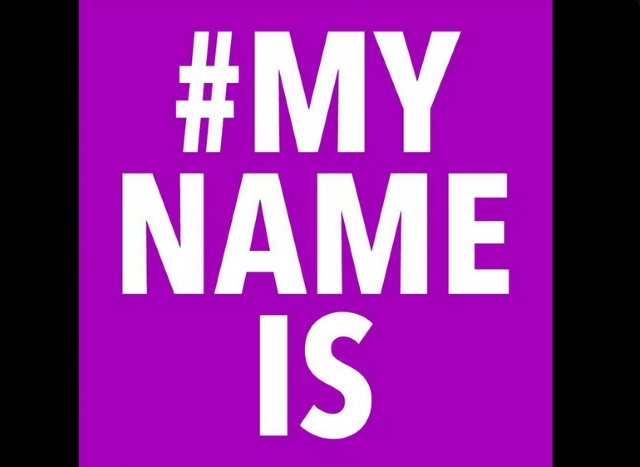
Alabama's LGBT anti-discrimination bill to be named after Apple's Tim Cook
It's only a few weeks since Tim Cook announced that he is gay and the impact is already starting to be felt. The Apple CEO wrote in Bloomberg Business that "I'm proud to be gay", and his coming out has proved to be inspirational, even in the short time between then and now. Now an anti-discrimination bill in Alabama is to be named after him.
Alabama is in the process of passing a bill that will make it illegal for state employers to discriminate against workers on the basis of their sexuality. Democratic state Representative Patricia Todd is the Alabama's only openly gay lawmaker and she proposed the billing, mentioning Tim Cook's name "in jest".

Tech companies like Facebook and Google lead the way in delivering LGBT equality in the workplace
US technology companies are setting a benchmark for those in other sectors to reach for when it comes to LGBT equality in the workplace. These are the findings reported in the thirteenth edition of the Human Rights Campaign (HRC) Foundation’s Corporate Equality Index. The HRC rates workplaces on lesbian, gay, bisexual and transgender inclusion and equality, and this year's report shows that there is now greater awareness and understanding of the transgender community.
The index rates companies using a variety of factors including the presence of non-discriminatory policies, the existence of transgender-inclusion healthcare, and whether or not there are guidelines in place to encourage transgender inclusion. This year there are a record number of businesses attaining a 100 percent rating, and 14 of these fall into the hardware, software and data services areas of the tech sector.

Facebook apologizes to LGBT community, 'backs down' on real name policy
Facebook has issued an apology to "drag queens, drag kings", and the LGBT community for forcing users of the social network to reveal their real names or face having their pages suspended. The social network also bowed to pressure, saying that users will not necessarily have to use their real names in the future. Chris Cox, Facebook's Chief Product Officer, made a statement in an online post that admits the negative response to the policy "took us off guard". Why the sudden interest in real names? It seems that one person may have been to blame.
Facebook caused something of a storm of controversy recently when it forced many users to reveal their real names. Large groups of people were affected by this, but it was a number of drag artists who were most vocal in their complaints -- numerous petitions and campaigns, including #MyNameIs, started up. While it was drag queens who hit the headlines, Facebook's sudden enforcement of its long-standing real names policy also affected performers such as musicians -- fans and friends were confused when seemingly new people appeared in their friend list. Despite the backlash Facebook faced, the social network stuck to its guns, remaining adamant that the policy was here to stay, and dismissing complaints out of hand.
